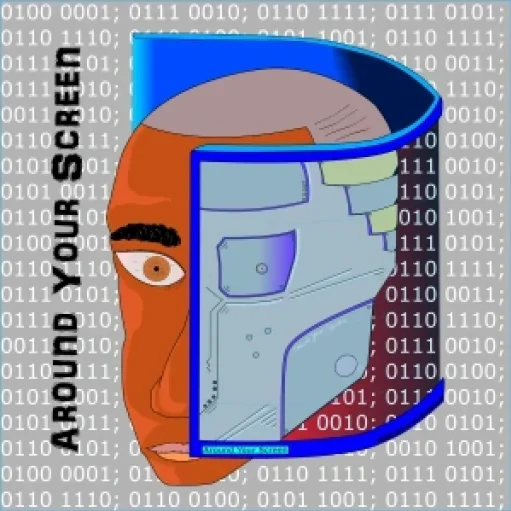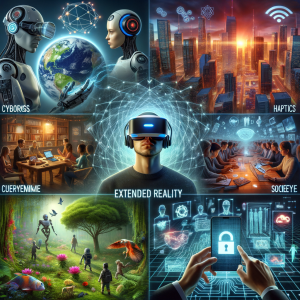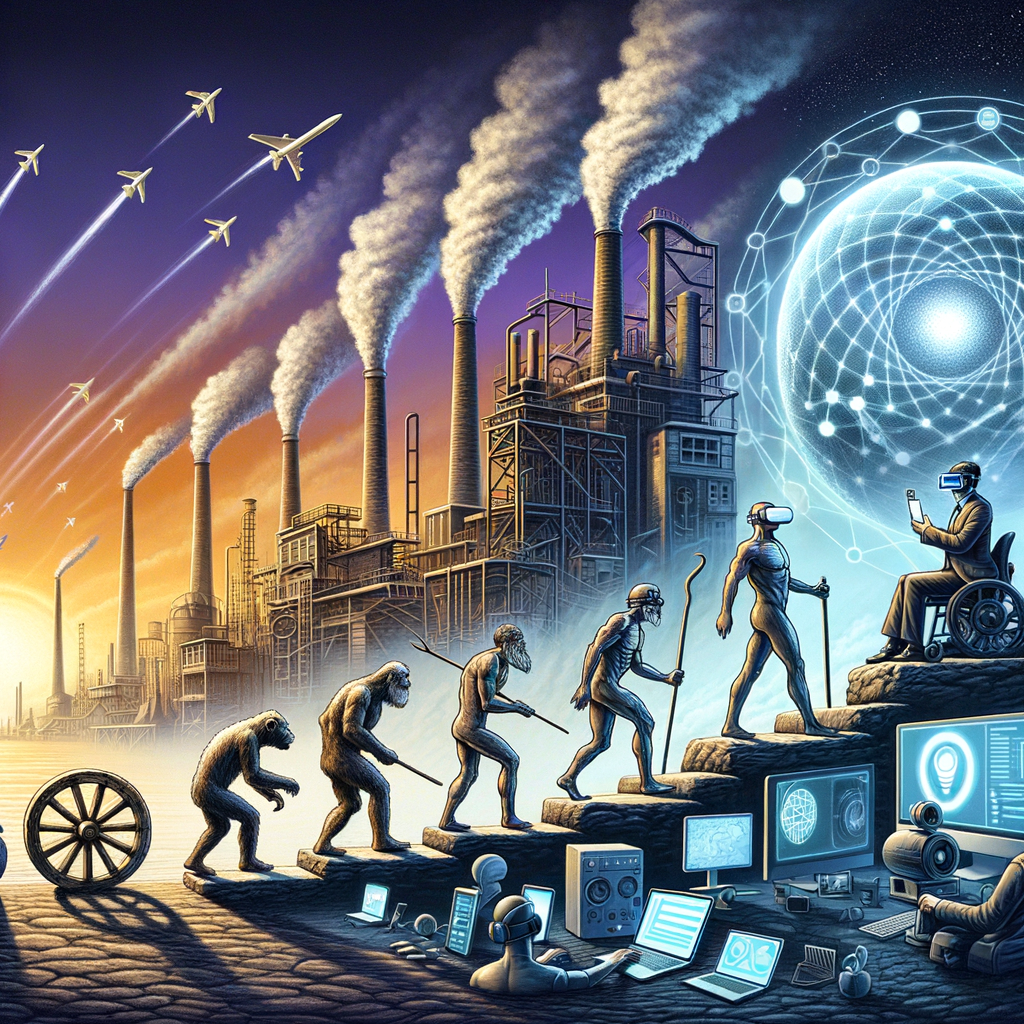
Technological advancements have played a significant role in shaping human societies throughout history. From the invention of the wheel to the development of the internet, these innovations have had a profound impact on every aspect of our lives. One of the most recent technological achievements that have the potential to revolutionize our lives is Extended Reality (XR).
XR combines Virtual Reality (VR), Augmented Reality (AR), and Mixed Reality (MR) to create immersive experiences that blur the line between the physical and digital worlds. This has the potential to transform how we interact with technology and each other. For example, XR can be used to create virtual real estate where people can gather, socialize, and even work together in a virtual environment.
Cyborgs are another fascinating technological development that blurs the line between humans and machines. By integrating technology into our bodies, we can enhance our abilities and potentially live longer, healthier lives. However, this also raises ethical concerns about the impact of such enhancements on society and the environment.
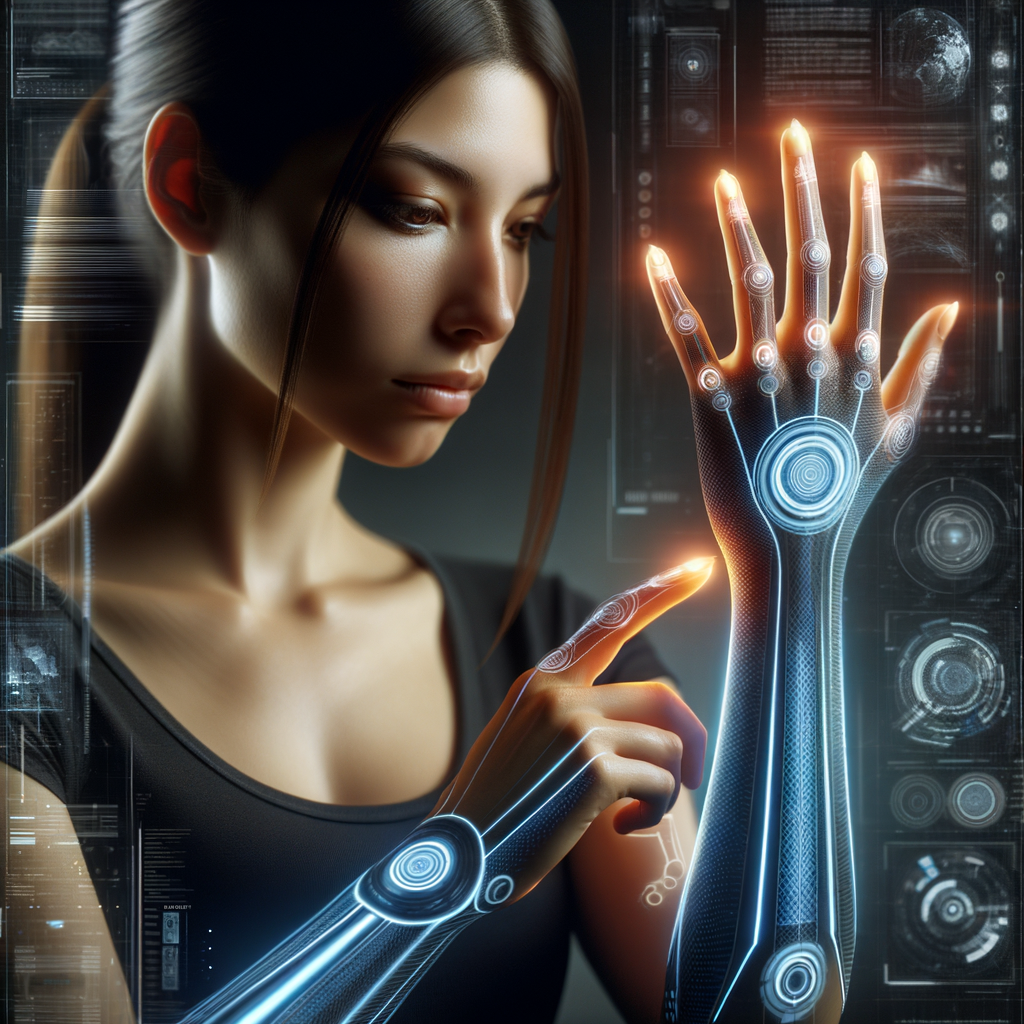
One of the key challenges of integrating technology into our bodies is ensuring that it is compatible with our natural senses. Haptics is a technology that focuses on simulating touch, motion, and force feedback to create a more immersive experience. This can enhance our interactions with virtual environments and make them feel more lifelike.
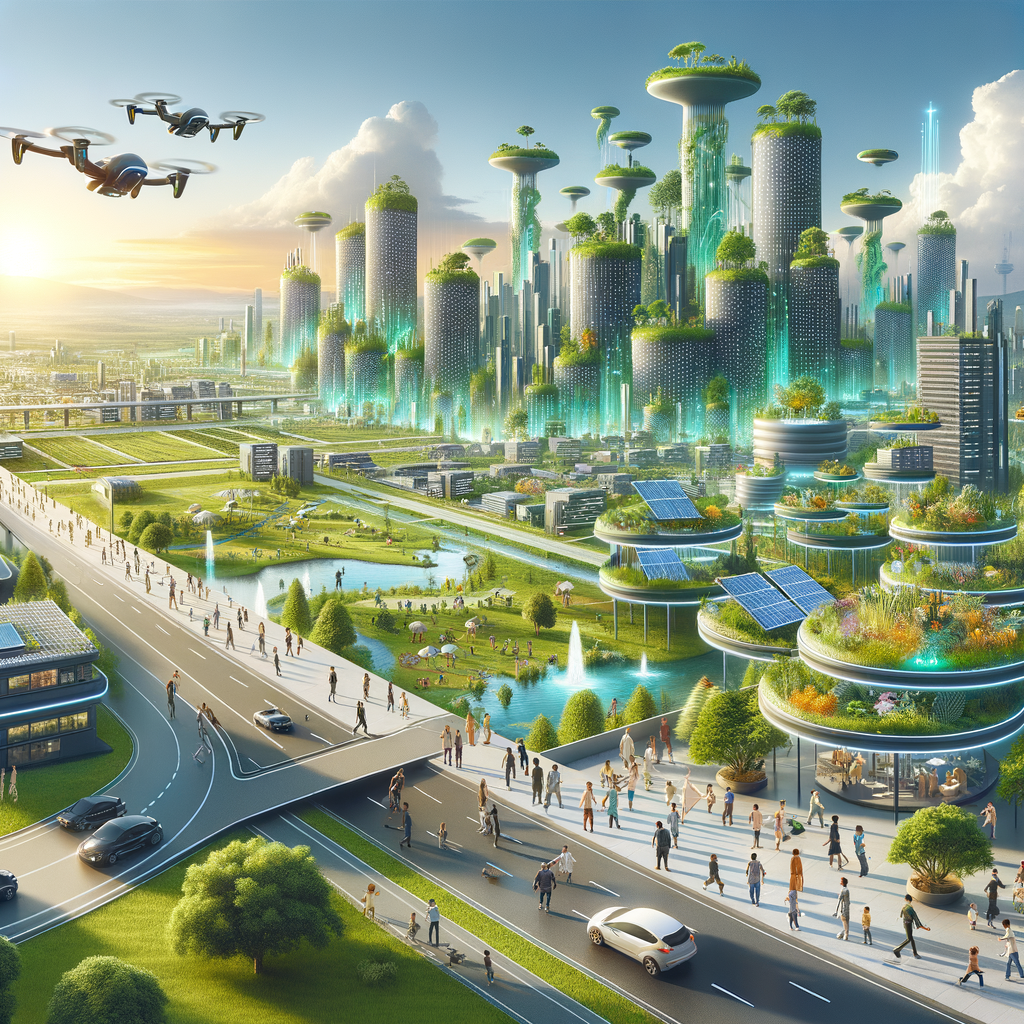
As we continue to push the boundaries of technological innovation, it is important to consider the social impact of these advancements. Ecosystems are delicate systems that can be easily disrupted by human activity. It is essential to develop technologies that promote sustainability and protect the environment for future generations. By embracing technologies that enhance our lives while promoting peace and harmony with the natural world, we can create a better future for all.
